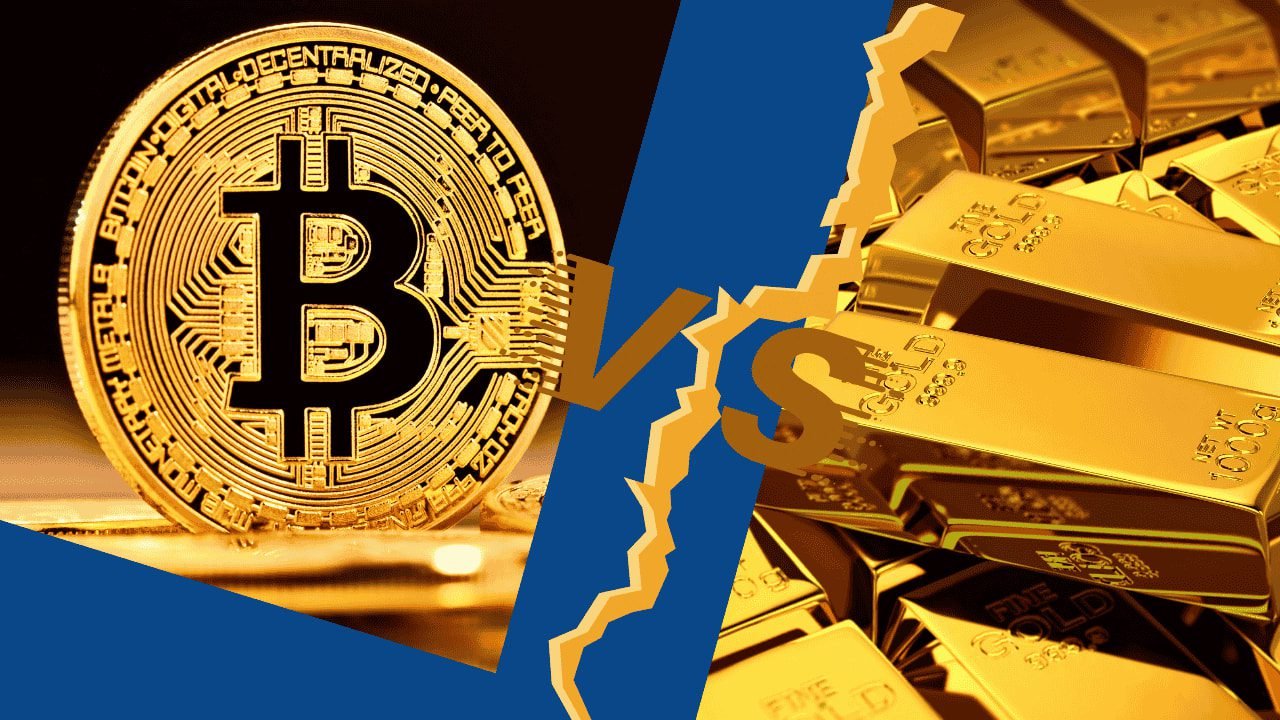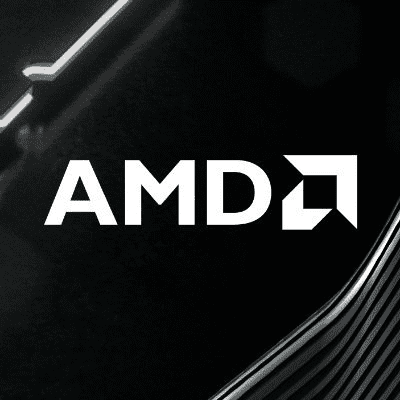When people talk about “safe investments,” two names keep coming up: Gold and Bitcoin.
One has been around for thousands of years — buried in tombs, stored in vaults, worn as jewelry, and trusted across continents. The other was born just over a decade ago, out of code, in the wake of a global financial crisis.
On the surface, they couldn’t be more different.
But look closer, and you’ll find that they have more in common than you’d expect — and more differences than most people realize.
So, which is better? Which is safer? Which is smarter?
Let’s unpack this.
—
🪙 Gold: The Timeless Standard
Gold has always had a story. It’s been a symbol of power, beauty, and trust since ancient times. Even now, when economies crash or currencies weaken, people rush to buy gold. Why?
Because it’s tangible.
You can see it, touch it, and store it.
It doesn’t rely on technology, electricity, or internet.
Gold has outlived empires and paper currencies. It doesn’t rust. It doesn’t vanish. It just sits there, holding value.
But gold also has limitations.
It’s heavy and difficult to move.
It needs secure storage.
And its value changes slowly — which is both good and bad, depending on your goals.
For people who want stability more than fast growth, gold still feels like home.
—
₿ Bitcoin: The Digital Upstart
Enter Bitcoin — created in 2009 by an anonymous figure (or group) known as Satoshi Nakamoto. Bitcoin was designed as a response to the 2008 financial crash. A currency without central banks, without borders, and without physical form.
At first, it was laughed off.
Now? It’s a $1+ trillion market, accepted by major companies, held by governments, and watched by Wall Street.
Bitcoin has no weight. No borders. It’s decentralized, meaning no one entity controls it. It operates on a public ledger — the blockchain — where every transaction is transparent and permanent.
But with great potential comes great volatility.
Bitcoin’s value can swing thousands of dollars in a single day.
It depends on internet access and tech infrastructure.
It’s vulnerable to regulatory crackdowns and hacks.
Still, for many younger investors and forward thinkers, Bitcoin feels like digital gold — and maybe something even bigger.
—
🧠 Similarities: More Than You Think
Despite their differences, Bitcoin and gold share key traits:
Scarcity: Gold is mined; Bitcoin has a capped supply of 21 million coins.
Store of Value: Both are seen as hedges against inflation and currency collapse.
Independence: Neither is tied to one government or central bank.
Investor Psychology: People trust both — not just for numbers, but for what they represent.
In fact, some argue that Bitcoin is just a modern version of gold — one designed for a digital age.
—
⚖️ Key Differences
Feature Gold Bitcoin
Age Thousands of years Since 2009
Physical Yes No
Volatility Low High
Portability Heavy and physical Instantly transferable online
Regulation Widely accepted Still evolving globally
Security Needs vaults Needs digital wallets, passwords
Scarcity Limited but still mineable Hard cap at 21 million coins
—
🪙 So… Bitcoin or Gold?
There’s no perfect answer. It depends on your risk tolerance, your goals, and how much you trust the future of technology.
Choose gold if you want safety, physical value, and long-term stability.
Choose Bitcoin if you’re open to innovation, high risk, and potentially high reward.
Choose both if you believe in balance — one foot in the past, one in the future.
—
💬 Final Thought:
Gold has stood the test of time.
Bitcoin is testing what time itself can be worth.
Whether you hold coins in your palm or your phone, one truth remains: people will always search for something that holds value when everything else feels uncertain.
In the end, wealth isn’t just about money.
It’s about trust — and both gold and Bitcoin offer it, in their own very different ways.










